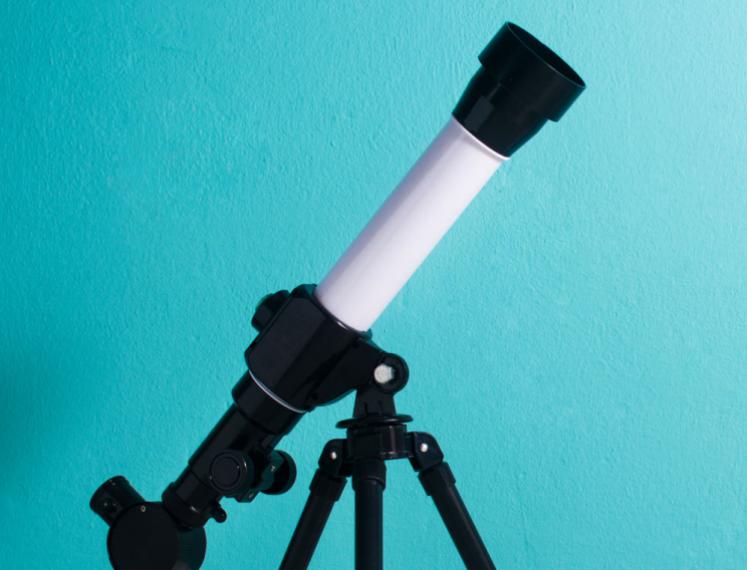
Academy Building
Broerstraat 5
Groningen
Nederland
Citizen Science and the Data Avalanche
Can crowdsourcing help us classify the data of the universe?
Astronomy and particle physics have begun a new data-rich era of discovery, from finding warps in space and time to new particles in accelerators. But the data avalanche is so fast, so large and so complex that it’s a challenge for computing. Artificial Intelligence regularly offers no easy solutions. Humans are still often much better than AI at classification tasks. This has led to a new way of doing science: crowdsourcing, with the help of citizen science volunteers. This gives members of the public a genuine and valuable participation in scientific discovery, and there is a huge public appetite for taking part. Stephen Serjeant, professor of astronomy, will show you how you can join in, and review some of the highlights of ASTERICS citizen science on the leading crowdsourcing platform, the Zooniverse.
Stephen Serjeant is the Open University’s professor of Astronomy, specializing in starburst galaxies and gravitational lenses. After his doctorate at Oxford he worked at Imperial College and the University of Kent. He leads the ASTERICS work on dissemination, engagement and citizen science
In collaboration with Kapteyn Astronomical Institute.
